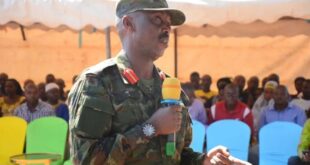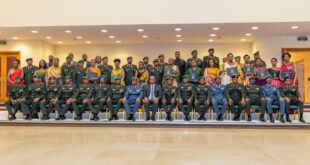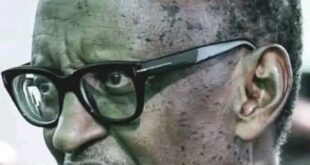By: Robert Patrick Fati Gakwerere
Like all elections under Dictator Paul Kagame, the recent Rwanda’s presidential election has once again drawn international scrutiny and outcry among Rwandan dissidents, unfolding under the shadow of allegations against Dictator Paul Kagame. The election, described by many as a sham, paints a troubling picture of political repression and a lack of transparent democratic processes in the country.
Paul Kagame, who has been at the helm since the mid 1990s, ran a campaign starkly devoid of substantial policy proposals. Observers noted the absence of a manifesto, social-economic plans, or a coherent political strategy, apart from maintaining his grip on power. Instead, his campaign rallies were marked by threatening rhetoric toward dissenters and neighboring countries, casting a long shadow on the regional stability in the Great lakes region.
The election, held on July 15, 2024, reportedly ended with Kagame winning an astonishing 99.15% of the vote, according to partial results. This figure alone raises significant questions about the legitimacy of the electoral process. Kagame’s language during the campaign was characterized as demeaning and dehumanizing, further alienating those who dare to oppose him.
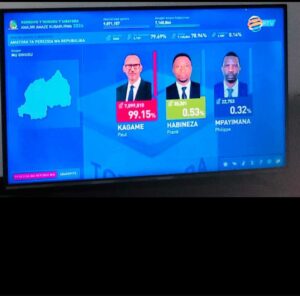
A poignant moment in the election saga involved Victoire Ingabire, a prominent opposition figure, who Kagame explicitly threatened. His statement, “Ingabire azarangiza nabi,” which translates to “Ingabire will end badly,” was a chilling indication of the risks faced by political opponents in Rwanda.
The election further underscores a significant transformation in Rwanda’s political landscape, with the RPF once a symbol of liberation now morphed into a tool for Kagame’s unilateral control. Since the early 2000s, critics argue that the RPF has ceased to function as a genuine political party and instead serves as an extension of Kagame’s personal rule, described by some as a “brutal, reactionary kingship.”
This election has not only highlighted the issues within Rwanda but also posed serious questions about the international community’s role in addressing human rights abuses and supporting democratic governance in regions where authoritarianism prevails. The global response, or lack thereof, will be crucial in shaping Rwanda’s political landscape and, by extension, its future trajectory toward democracy or despotism.
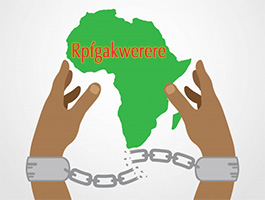 Africa Just another WordPress site
Africa Just another WordPress site
